Introduction
Rusks are delicious and nutritious, which is why many people have them on a regular basis. But can dogs eat Rusks? Are they safe to give to your pet? Find out the answer in today’s article, along with any risks associated with giving your pup some human biscuits.
Are Rusks Good for Dogs?
We first have to look at what Rusks are before we get things straight. A rusk can mean several different things.
There are commercial options available, and many are sweet. Nevertheless, some savory varieties exist, too, and they are commonly utilized for simple sandwiches.
Rusks are somewhat lower in calories compared to bread and other such products. However, they do not make the best treats for dogs. They could contain various ingredients that can put their health in danger, and they also have too many calories and too many carbs for them to be species-appropriate.
However, some nutrients in Rusks could be useful for dogs, and they’re listed below.
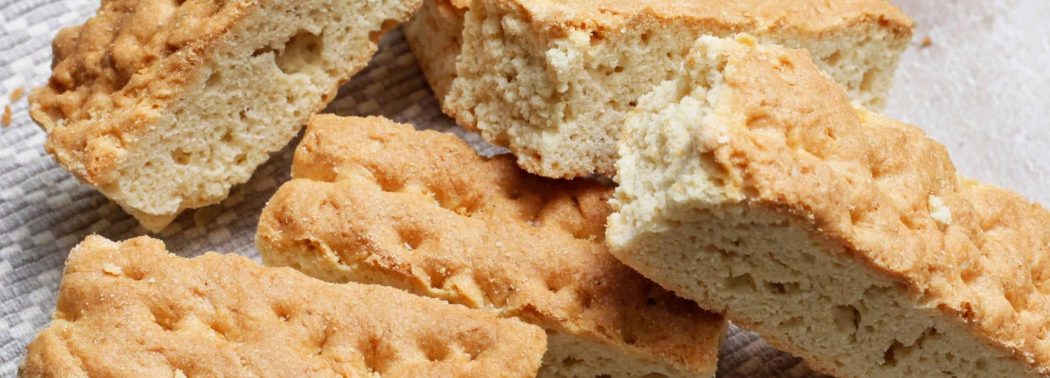
Iron
The interesting fact about rusks is that 100 grams contain as much as 15% in iron. Iron is an essential mineral for keeping your dog’s body in good health, especially in terms of their cardiovascular health system.
It is the core component in red blood cells, which effectively transport oxygen and nutrients to and from your dog’s tissues and organs. Dogs that don’t get enough iron in their diets can develop anemia.
Cobalamin
One hundred grams of rusks contain 3% in cobalamin. Also known as vitamin B12, this nutrient is involved in a wide variety of processes happening inside your dog’s body.
Cobalamin can prevent conditions such as macular degeneration, depression, osteoporosis, as well as anemia. It’s particularly important for pregnant dogs as it can prevent birth defects.
Magnesium and calcium
9% magnesium and 2% calcium can be found in the same serving size of Rusks that we have previously mentioned. These two minerals are great for your dog’s health. On the one hand, calcium can be found in most of your dog’s bones.
On the other hand, magnesium is involved in a cell barrier that regulates the way substances are transmitted between cells and blood vessels.
Are Rusks Bad for Dogs?
While there are nutritional benefits to Rusks, there are also quite a lot of risks, especially when it comes to the canine diet.
Blood sugar spikes
Even if you have the regular Rusks in your home, meaning those that aren’t supposed to contain any sugar, the truth is that because this food is so rich in carbs, it can lead to significant spikes in your pup’s blood sugar.
On top of that, if rusks become a normal snack for your dog, it won’t take a long time for them to develop diabetes or obesity, at best. Feed your dog a balanced diet composed of whatever kibble or canned diet your vet recommends and fresh fruit and veggies that your pooch loves.
Food intolerances
Rusks are made with grains, whether wheat, barley, oats, or anything else. In case you didn’t know, dogs are not supposed to have a lot of grains because it can lead to them experiencing digestive distress.
Most dogs that eat grains regularly experience gas, bloating, or diarrhea, and you might even end up with your pet at the vet clinic if these symptoms are severe.
Sodium
This is perhaps one of the worst things about rusks. Even though you might not taste it, there’s quite a bit of salt in both the savory and the sweet variety.
Salt is added as a preservative, but at the same time, it’s also added to enhance the taste of the product. Your dog doesn’t need any added salt to their diet because their kibble might already contain low amounts of it anyway — and those should be sufficient.
Cholesterol
One hundred grams of rusks contain 78 mg of cholesterol. While that might not sound like a lot, it can add to the rest of your dog’s daily food. Your dog is supposed to have average amounts of fat in their diet in order for their bodies to function normally, particularly their nervous system and their joints.
But excess cholesterol can be a little risky for dogs, and it can put them at risk of developing obesity, hepatic conditions, or worse, pancreatitis.
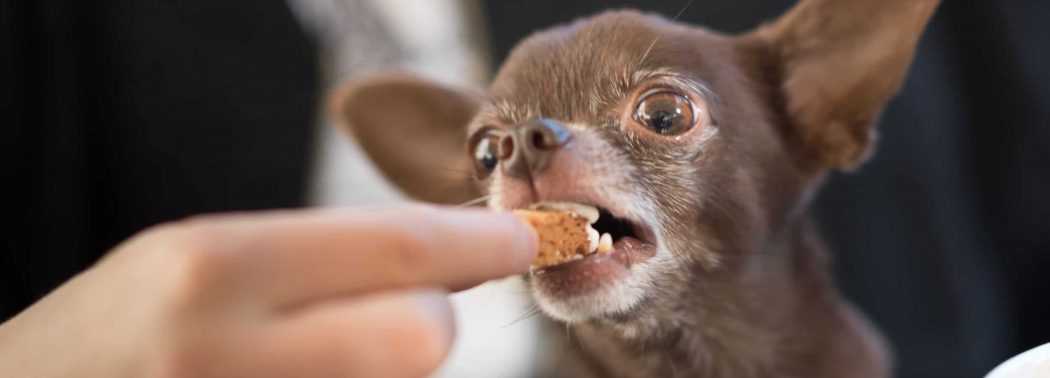
How Many Rusks Can My Dog Eat?
Ideally, your dog should never have rusks at all.
There are more than plenty of dog-appropriate snacks available for sale these days, so you can pick a variety or try several different ones to discover the one that your pup prefers.
But if you’re referring to a safe amount, perhaps one rusk per week would not put your dog’s health in danger.
How to Prepare and Serve Rusks to Your Dog
If you simply have to give your dog rusks, you can make them at home. They are not going to turn out perfect, but you will have a little more control over what ingredients you use for your recipe.
You can switch to a different type of flour instead of regular all-purpose wheat flour and you can also add things like shredded veggies (carrots or zucchinis make a good choice).
A better snack instead of rusks (even the homemade varieties) are homemade dog nuggets. Here are some ingredients you might want to rely on for this recipe:
- Sweet potatoes or pumpkin
- Chicken breast or any other light type of meat
- Oats (just to bulk everything up)
- Carrots
- Peas or green beans
Such a meal would provide your dog with enough fiber while also being perfectly safe. Steer clear of any spices or seasonings.
Frequently Asked Questions
These types of biscuits aren’t very dangerous for dogs, but if you really have nothing else available and you want to feed a stray dog, a couple of three (tops) of them are not going to hurt them.
Farley’s rusks have some sugar in them, which means that they are not the safest treat for dogs. Some of the other ingredients that can be found in this brand are emulsifiers and raising agents, so those aren’t healthy, either.
No. There are other, much better snacks for pets out there, and they don’t even cost a fortune, so make sure you always have some available in your home.
Summary
So, can dogs eat rusks?
Ideally, no. They might not put your dog’s life in danger, but they are not the best treat for this species.
Talk to your veterinarian if you have any other questions about what your pet’s diet should look like.
Sources
- Pet food safety: sodium in pet foods, Marjorie L. Chandler, Top Companion Anim Med, 2008
- Gluten-sensitive enteropathy of the Irish Setter and similarities with human celiac disease, Federico Biagi et al, Minerva Gastroenterol Dietol, 2020
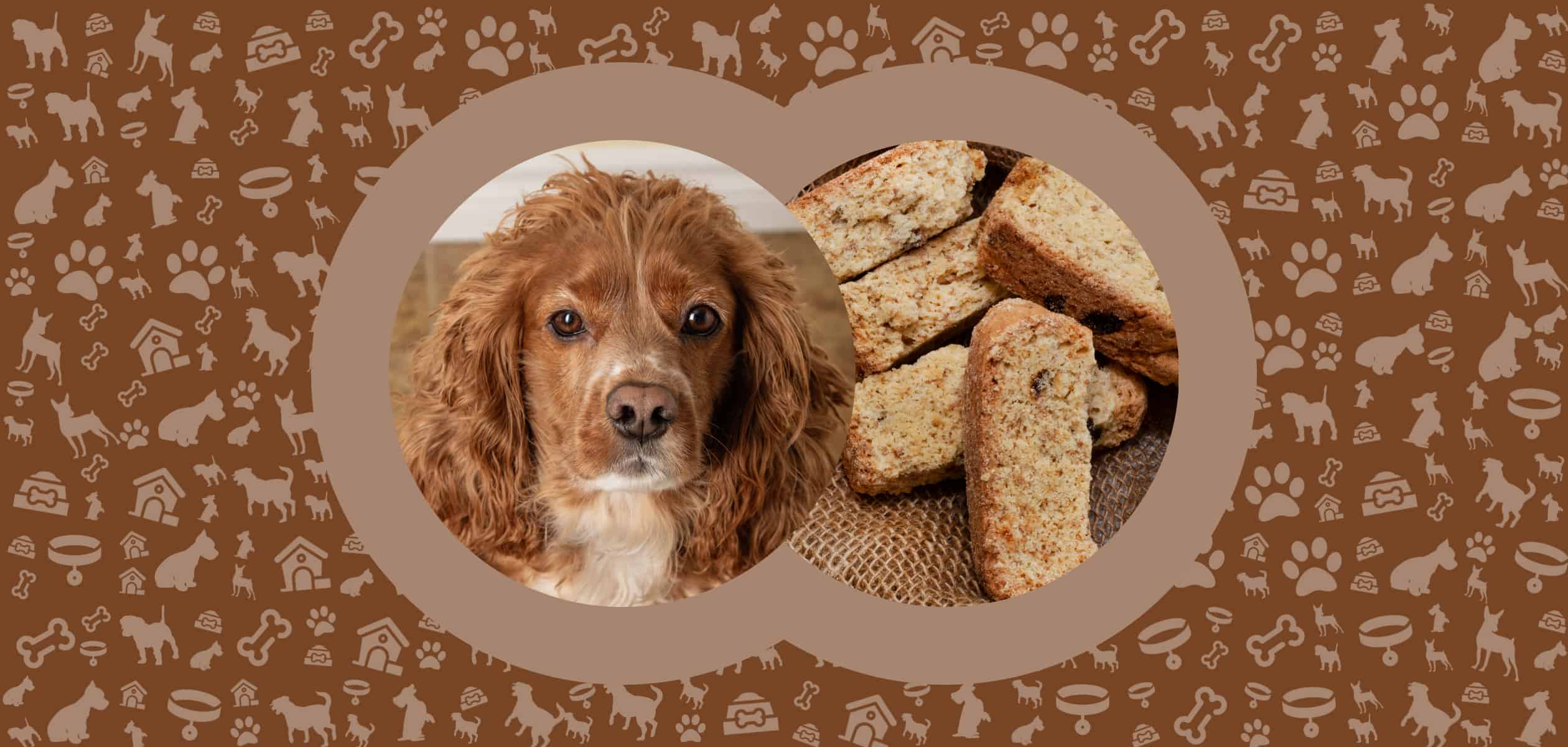
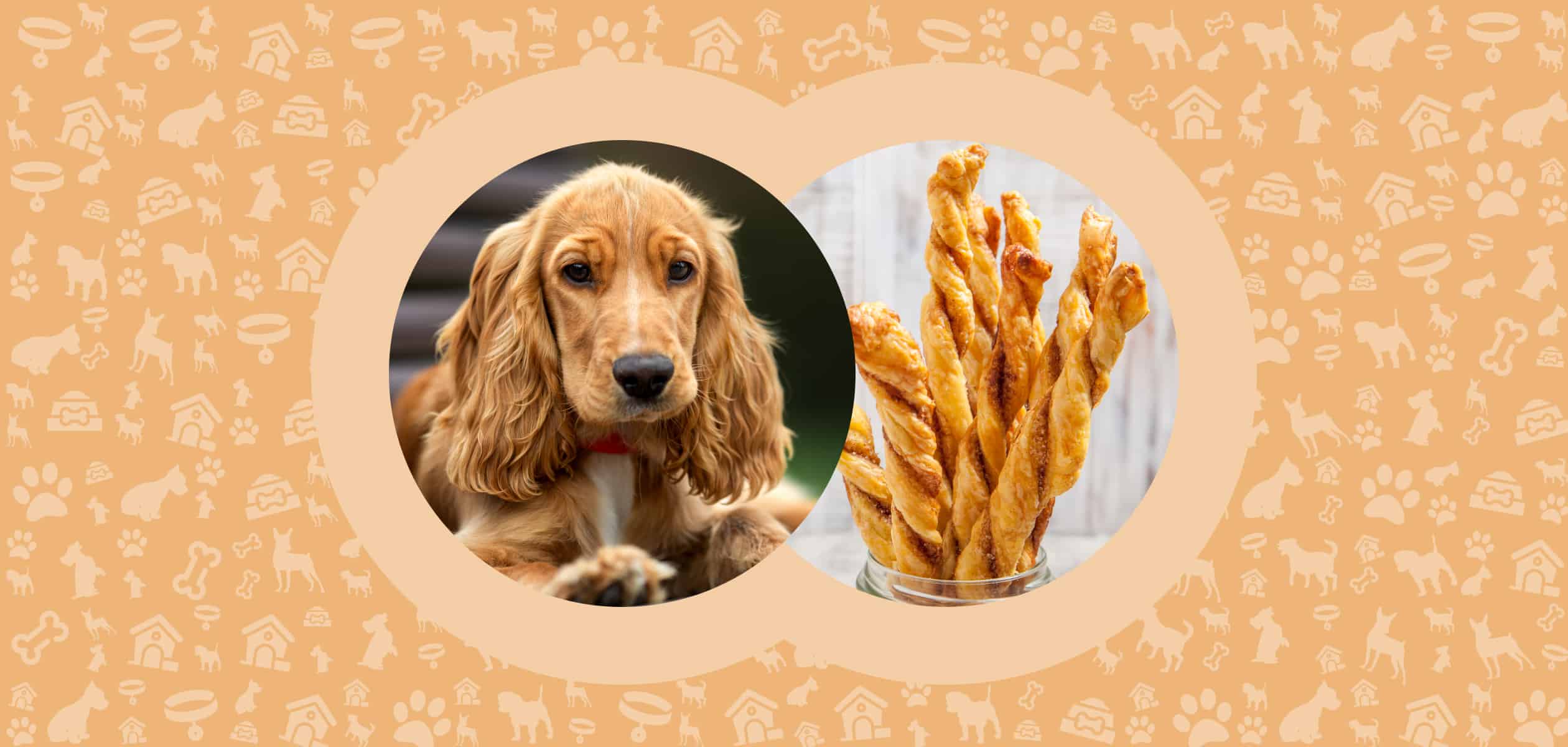


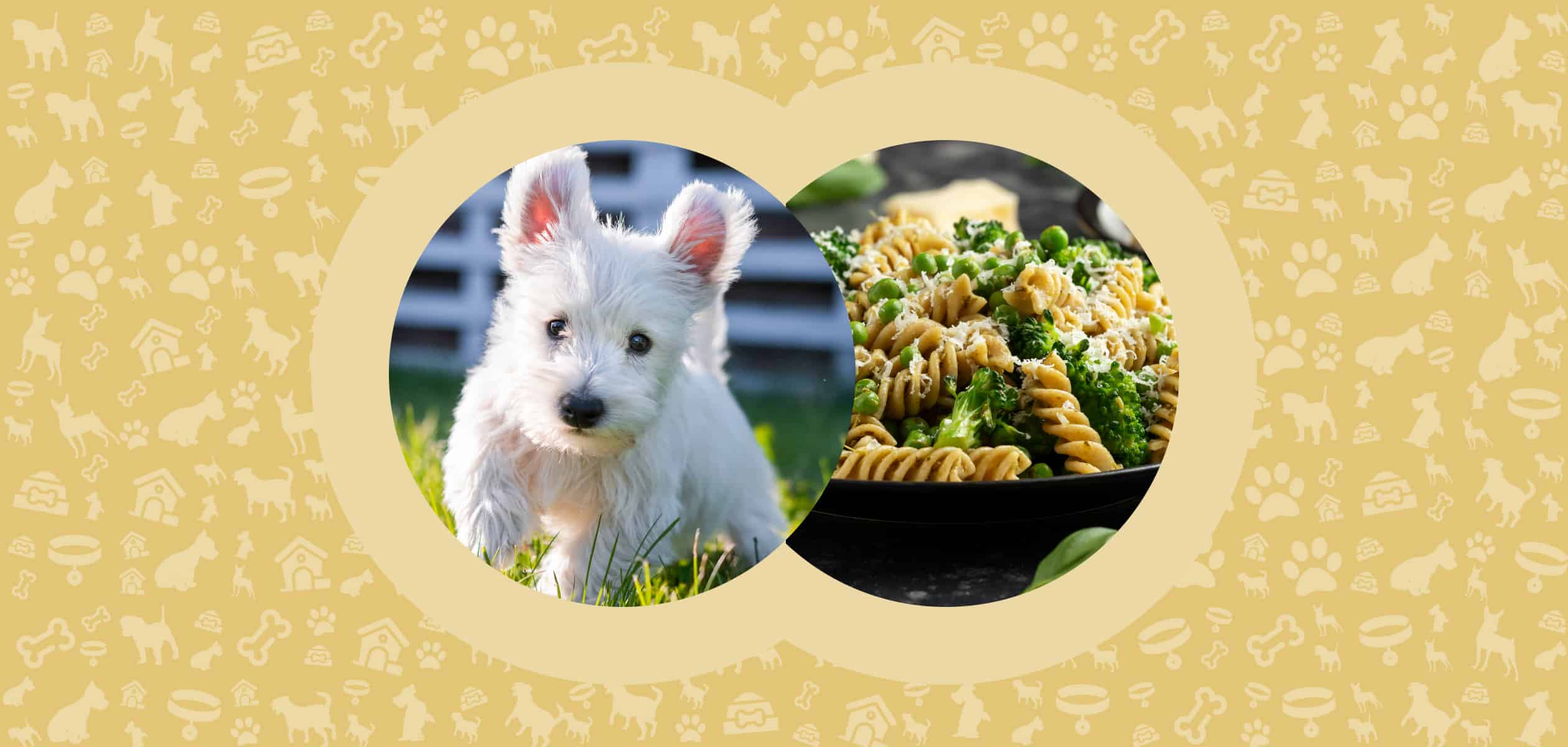
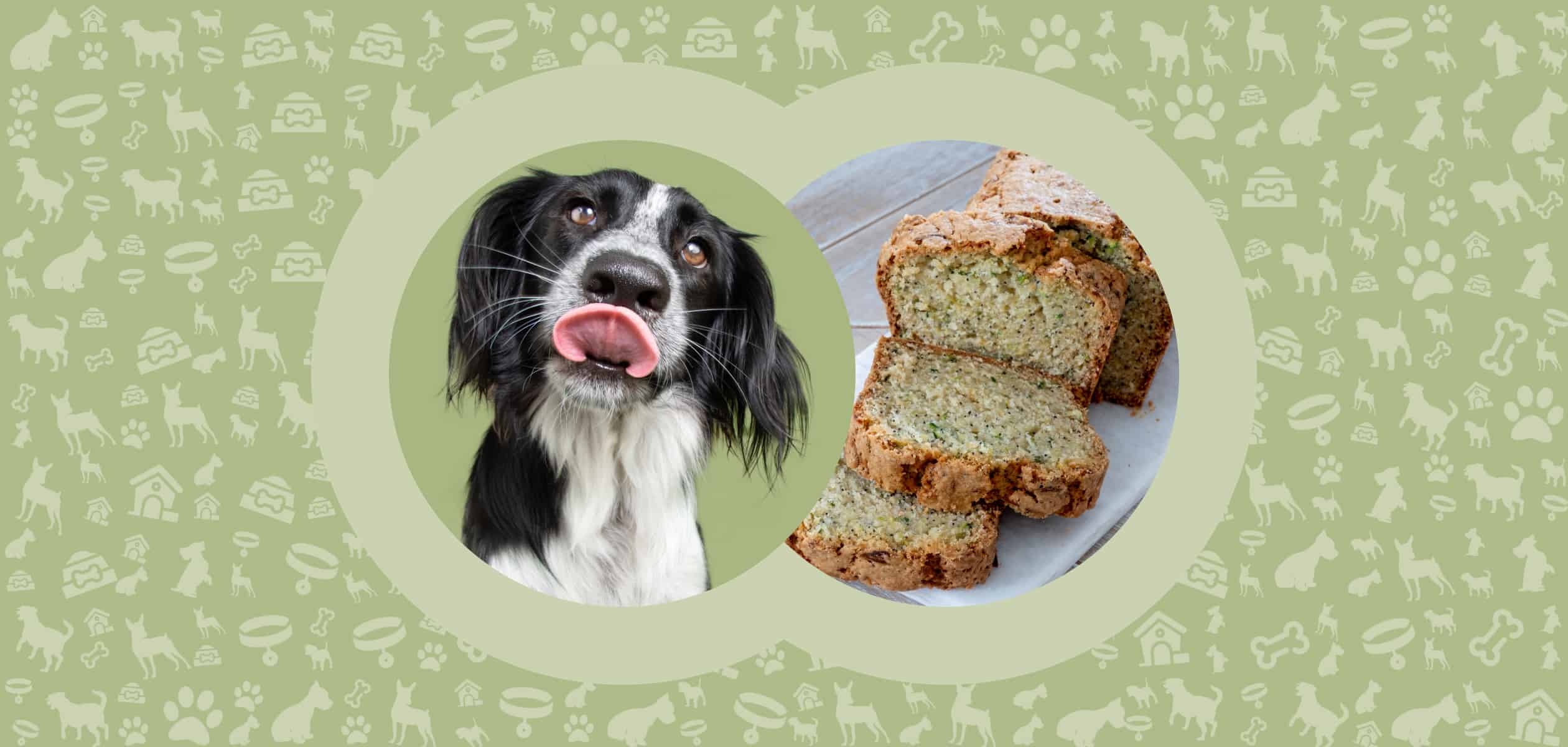
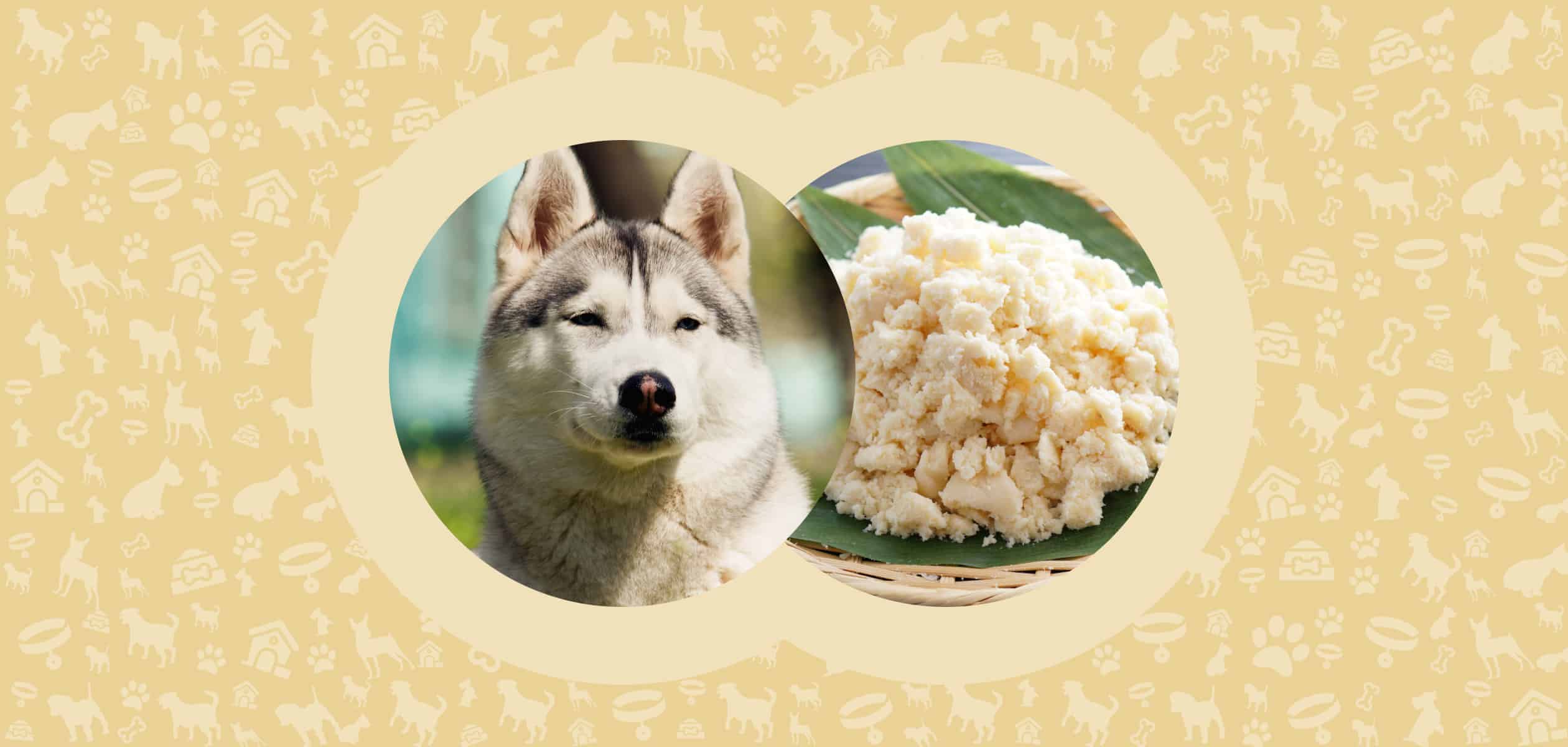
Leave a Comment